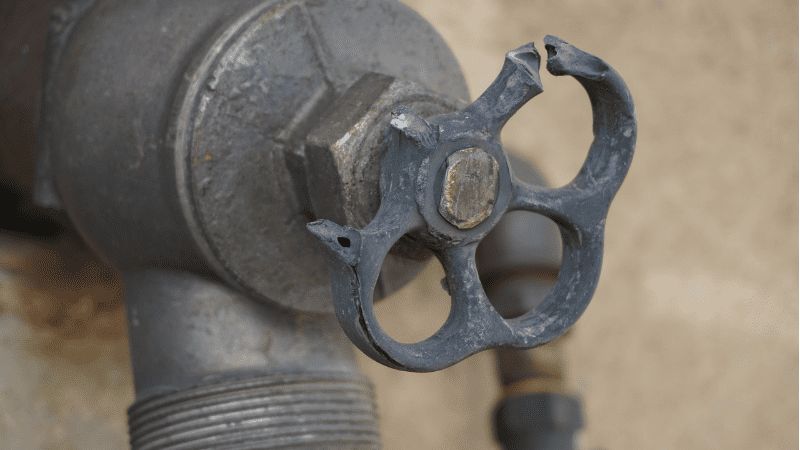As consumers, we want to know that the products we use every day are safe and to trust that these products will not cause us harm when used as directed.
Unfortunately, defective products sometimes reach the market and can cause injuries or death to innocent people even when they are used correctly.
When an unreasonably dangerous product causes harm, the injured party may be able to pursue compensation for damages through a product liability lawsuit.
If you live in Arkansas and believe a defective product led to your injuries or the death of a loved one, the Little Rock injury attorneys at the Minton Law Firm are here to help.
Please call us at 501-794-0001 or contact us online to tell us your story now. We offer free consultations to help you understand your options, and we don’t charge for our services unless we recover compensation on your behalf.
According to recent findings by the U.S. Consumer Product Safety Commission (CPSC), defective products are the cause of nearly 30 million injuries and 22,000 fatalities each year.
Product liability lawsuits can revolve around a virtually infinite array of products, including toys, household chemicals, clothing, tools and dishware.

Among the most common categories of products listed in product liability lawsuits are:
Agencies including the CPSC, the Food and Drug Administration (FDA) and the National Highway Traffic Safety Administration (NHTSA) monitor for defective products and have the authority to request or issue product recalls.
Despite these precautions, the sad truth is that faulty products often injure or claim the lives of multiple people before they are recalled.
One of the keys to a successful product liability lawsuit is understanding the main causes of defective products. Although product liability law is often complex, cases involving defective products generally fall under one of three categories:
For a successful product liability case, you must first prove that the product was defective and that the defect directly led to your injury. The terms for establishing product liability vary somewhat from state to state, but the process generally includes proving the following points:
Depending on the state where the claim is filed, defective product cases can be brought against a manufacturer or seller on the basis of strict liability, negligence, breach of warranty or misrepresentation.
Strict liability is based on the responsibility of the manufacturer to sell products fit for use by consumers and is used in most courts to determine liability.
In states that use strict liability, the injured party only has to prove that the product was defective and that the defect was the cause of their injury in order to seek compensation.
Strict liability allows a person injured by a defective product to recover compensation without showing that the manufacturer or seller was actually negligent.
Negligence can be grounds for a defective product case when the manufacturer failed to exercise reasonable care when making or designing a product.
This type of liability is often found in defective design cases when a manufacturer fails to account for the risk of harm resulting from a particular use of the product. Product liability negligence claims can be difficult to prove from a legal standpoint due in large part to the heightened burden of proof required.
Manufacturers and sellers attribute certain warranties to the products they distribute, whether these warranties are implied or expressed. If a product is defective and causes harm, it may breach the product’s warranty, which can be used to establish liability.
Another common form of establishing liability is a misrepresentation, which can be cited in a defective product case if the advertising or promotion of a product gives consumers a false sense of security. Misrepresentation can be either intentional or negligence.
If you’ve been injured by a consumer product, you may be entitled to compensation from the manufacturer or seller responsible. The type of compensation you are eligible for depends on the details of your particular case. Compensation in defective product claims may include money for:
In some cases, a court may also award punitive damages. Punitive damages in defective product cases consist of additional compensation intended to punish the responsible party for reckless behavior and deter other manufacturers or sellers from engaging in similar conduct.
A consultation with an experienced product liability attorney can help you determine if you have the legal grounds to pursue a defective product case.
If you or a family member suffered harm due to a potentially defective product in Arkansas, one of the first and most important steps you can take after receiving medical attention is to contact the knowledgeable product liability attorneys at the Minton Law Firm.
In Arkansas, injury victims generally have three years from the date the injury occurred to file a lawsuit. While there are some exceptions, it is in your best interest to consult with a lawyer as soon as possible to preserve evidence and thoroughly investigate your claim.
If you or a loved one suffered injuries that may have been caused by a defective product, please call the Little Rock product liability lawyers at the Minton Law Firm at 501-794-0001 or contact us online to arrange your free consultation. We are dedicated to helping injury victims from the greater Little Rock and Benton, Arkansas, areas.
"*" indicates required fields